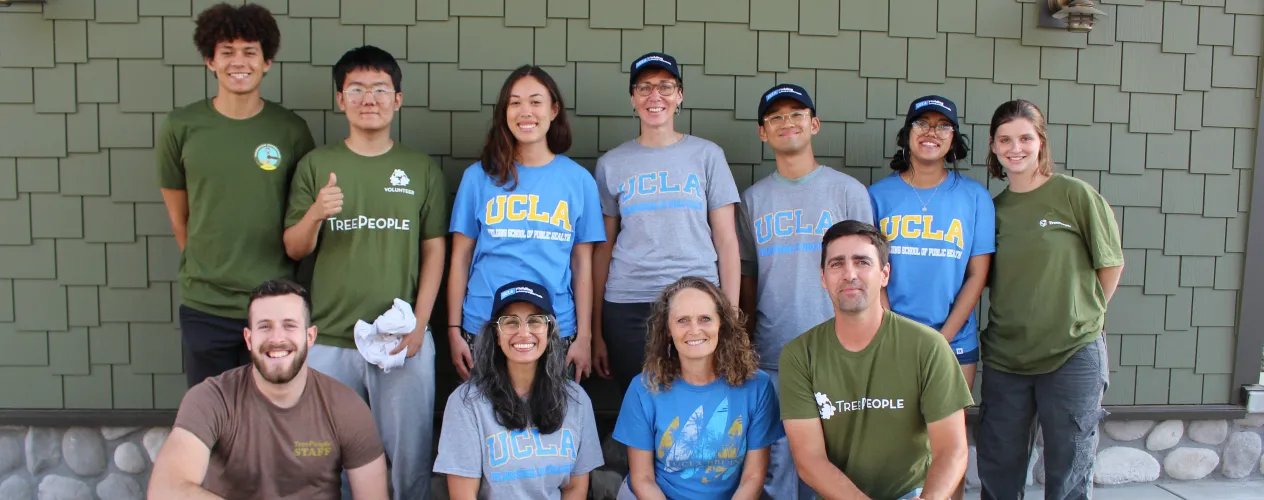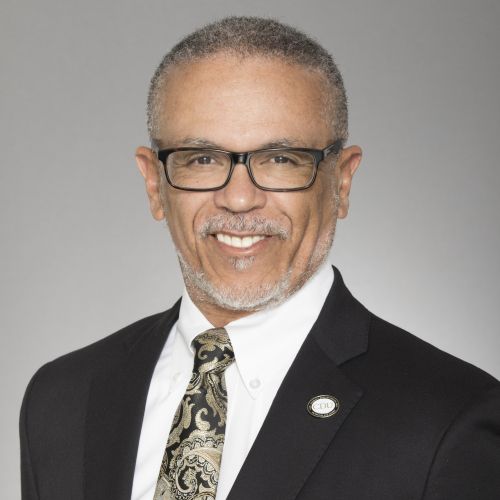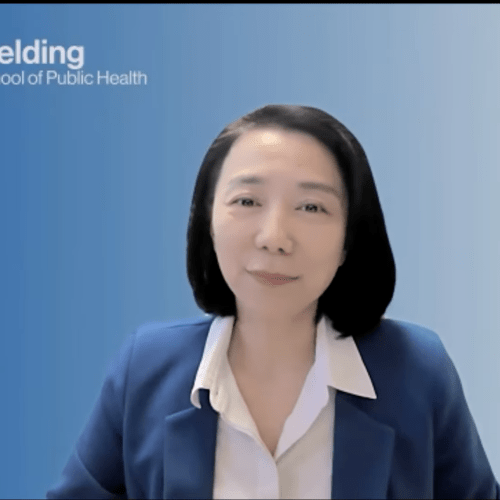UCLA researchers support Altadena fire recovery through free soil testing with community partners
The team, led by Dr. Kirsten Schwarz, is made up of students and faculty from UCLA’s schools of public health, engineering, and public affairs.

In an effort to support the region’s recovery in the aftermath of the 2025 Los Angeles County wildfires, a team of UCLA researchers is joining with community partners to test soil samples from neighborhoods hit hard by the blazes.
“Soil screening is a necessary first step, but it’s not a solution,” said Dr. Kirsten Schwarz, associate professor in the UCLA Fielding School’s Department of Environmental Health Sciences and a leader of the LA Urban Soil Social Impact Collaborative, a community-university partnership funded by UCLA’s Center for Community Engagement. “Fire-impacted communities are eager for actionable solutions and soil amendments, like compost and mulch, are low-cost accessible options that help us manage risk.”
The January blazes in Los Angeles County, in both the Pacific Palisades-Malibu area adjacent to the Santa Monica Mountains, and the Altadena-Pasadena communities in the foothills of the San Gabriel Mountains (Eaton Canyon), claimed at least 31 lives and damaged or destroyed more than 18,000 structures, according to Los Angeles County officials.
“After the Eaton Fire, so many residents were left wondering what was in their soil - what they were walking on, planting in, and breathing around their homes,” said Kristy Brauch, a master gardener from Pasadena who works with the project. ”There’s a real mix of fear and urgency, but also an incredible desire to understand and take action.”
The Collaborative, which includes researchers from across UCLA and LA-based organizations, including the non-profit TreePeople, will host additional pop-up soil testing events, workshops, and remediation projects across the region, with the next soil testing event scheduled for December 6th organizers said.
On Oct. 4, a soil testing event was held at the Washington Park Community Center in Pasadena. The team welcomed more than 80 residents and screened more than 200 soil samples using portable X-ray fluorescence analyzers to detect heavy metals, including lead, a known cause of significant illness. Participants were able to have as many as three soil samples screened at the event and received personalized consultations on how to improve soil health and safety in their yards and gardens.
“These testing events meet people where they are, transforming worry into knowledge,” Brauch said. “The response has been overwhelmingly positive; my neighbors are already asking when the next one will be.”
The Collaborative, co-led by Schwarz, who also teaches at the UCLA Luskin School of Public Affairs, and Dr. Jennifer Jay, professor in the UCLA Samueli Department of Civil and Environmental Engineering, aims to leverage university research and resources and apply local and Indigenous knowledge to advance equitable access to healthy soils. It includes community-based, tribal, private and academic partners from across Los Angeles.
“Addressing soil pollution in Los Angeles and beyond requires community-engaged approaches that center local knowledge and priorities,” said Monika Shankar, a doctoral candidate in the UCLA Fielding School’s Department of Environmental Health Science and a principal investigator on the project. “Our collaborative serves as a proof of concept that meaningful and impactful research emerges when communities are partners throughout the entire process."
Funding
This project has been made possible with financial support from UCLA’s Center for Community Engagement.

